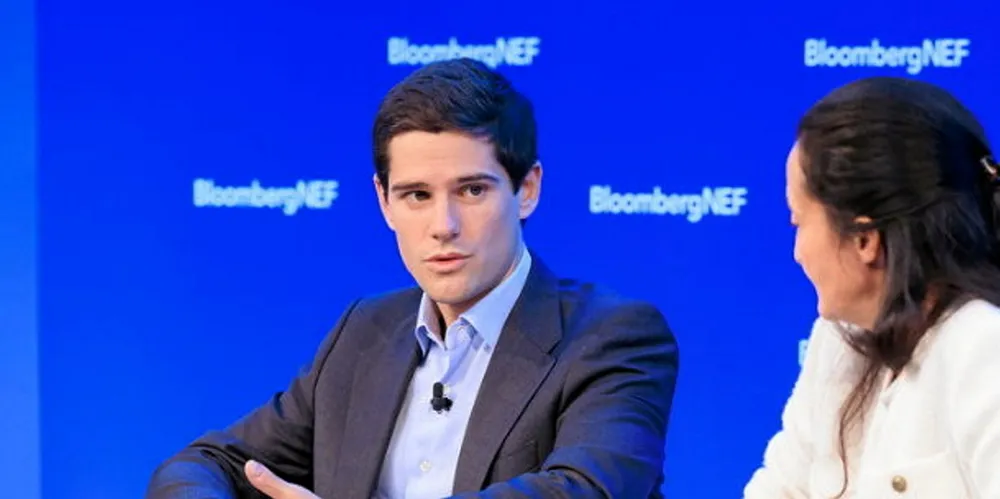Repowering wind farms 'huge opportunity' for Europe to meet green targets: Acciona executive
Renewables giant's finance chief cites study suggesting that repowering could get Spain half way to its target for wind power

Repowering ageing wind farms with powerful and efficient modern turbines can give European nations a major clean power boost while avoiding many of the obstacles presented by permitting procedures and restricted grid access, according to a leading renewables player.
“Repowering is one of the big opportunities that Europe has to meet its objectives in the least disruptive way possible. I think we can benefit from the fact that we are the continent that pioneered wind energy,” said Jose Entrecanales, chief financial and sustainability officer at Madrid-based Acciona Energia.
“Spain, Germany, Portugal and Denmark are some of the countries that have the oldest wind farms in Europe. If you take the Spanish example, by 2030 we will have over 20GW of wind capacity that is over 20 years old,” he told an audience at this week’s BNEF Summit in London.
“I think that represents a huge opportunity because once a wind farm has been operating on the same site — which by the way are generally the sites with the best wind resource — there is usually good social acceptance because people are used to seeing wind turbines there and a lot of the infrastructure can be reused, and not just the grid but also roads and other infrastructure.”
While taking down turbines has a cost, there are strong gains to be made from putting in new machines that can be “five, six, maybe eight times bigger than the old ones”, Entrecanales said.
This scope for increasing the capacity and efficiency of wind farms was the subject of a Spanish market study by consultancy giant Deloitte, cited by Acciona's CFSO.
“Out of the 30GW of additional wind capacity that Spain needs to install by 2030, they say about half could be achieved by just repowering old wind farms. This means it can done in a much faster and much cheaper way and with much lower social acceptance barriers than otherwise,” Entrecanales said.
(Copyright)